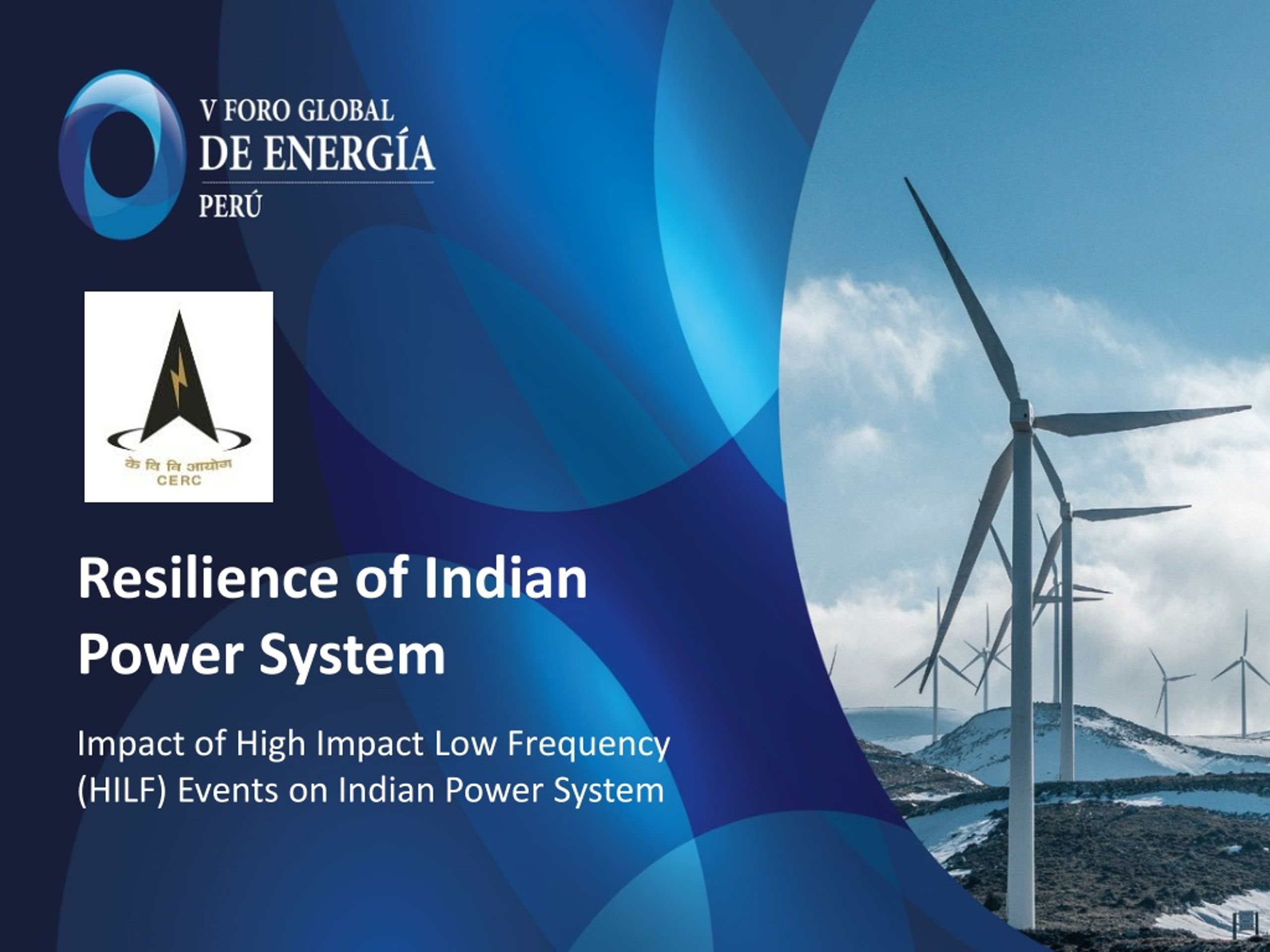
Sustainable Power: Embracing Low-Impact Energy Systems
The pursuit of sustainable and environmentally friendly energy solutions has given rise to the adoption of low-impact power systems. This article delves into the significance of such systems, exploring their characteristics, benefits, and the transformative impact they have on the journey towards a greener and more sustainable future.
Defining Low-Impact Power Systems
Low-impact power systems are energy solutions designed to minimize negative environmental effects throughout their lifecycle. From resource extraction and production to operation and decommissioning, these systems aim to reduce ecological footprints. Common examples include solar power, wind energy, hydropower, and geothermal energy, which harness natural processes with minimal environmental disturbance.
Solar Power: Harvesting Energy from the Sun
Solar power stands as a prime example of a low-impact energy system. Photovoltaic cells convert sunlight into electricity without emitting pollutants. Solar panels can be installed on rooftops, in solar farms, and even integrated into building materials. The low environmental impact of solar power makes it a sustainable and scalable solution for both residential and commercial applications.
Wind Energy: Tapping into a Renewable Resource
Harnessing the power of the wind, wind energy systems generate electricity through the rotation of wind turbines. These turbines convert kinetic energy into electrical energy, providing a clean and renewable power source. Wind farms, located both onshore and offshore, contribute to reducing dependence on fossil fuels and mitigating the environmental impact associated with traditional energy sources.
Hydropower: Utilizing the Power of Water
Hydropower systems harness the energy of flowing water to generate electricity. Dams and hydroelectric power plants use the gravitational force of falling or flowing water to turn turbines. While large-scale hydropower projects have been criticized for their environmental impact, advancements in technology are promoting the development of more environmentally friendly small-scale and run-of-river hydropower systems.
Geothermal Energy: Tapping into Earth’s Heat
Geothermal energy utilizes the Earth’s internal heat to generate power. This involves tapping into hot subsurface rocks, magma, or reservoirs of steam to produce electricity. Geothermal power plants have a minimal environmental footprint compared to traditional fossil fuel-based power plants, making them a reliable and sustainable option for regions with geothermal resources.
Benefits of Low-Impact Power Systems
The adoption of low-impact power systems brings forth a multitude of environmental, economic, and social benefits. Reduced greenhouse gas emissions, improved air quality, and the conservation of natural resources contribute to mitigating climate change and preserving ecosystems. Additionally, these systems often create jobs, stimulate local economies, and promote energy independence.
Challenges and Considerations
While low-impact power systems offer substantial benefits, they are not without challenges. Intermittency, land use conflicts, and initial costs are among the hurdles faced by these systems. However, ongoing research and technological advancements are addressing these challenges, making low-impact power systems increasingly reliable and cost-effective.
Technological Innovations in Low-Impact Energy
Continuous technological innovations play a crucial role in enhancing the efficiency and applicability of low-impact power systems. Advances in energy storage, smart grid technologies, and the integration of artificial intelligence contribute to overcoming limitations and optimizing the performance of these systems.
Community Engagement and Renewable Energy Transition
The successful transition to low-impact power systems requires community engagement and awareness. Educating communities about the benefits of renewable energy, involving them in decision-making processes, and addressing concerns foster a sense of ownership and support for the shift towards sustainable energy practices.
Embracing a Sustainable Future with Low-Impact Power Systems
In conclusion, embracing low-impact power systems is a pivotal step towards building a sustainable future. By prioritizing renewable energy sources and minimizing environmental impacts, these systems contribute to a cleaner, healthier planet. To explore more about the transformative impact of low-impact power systems, visit dataharza.my.id. It’s time to collectively adopt and promote sustainable energy solutions for the benefit of current and future generations.

